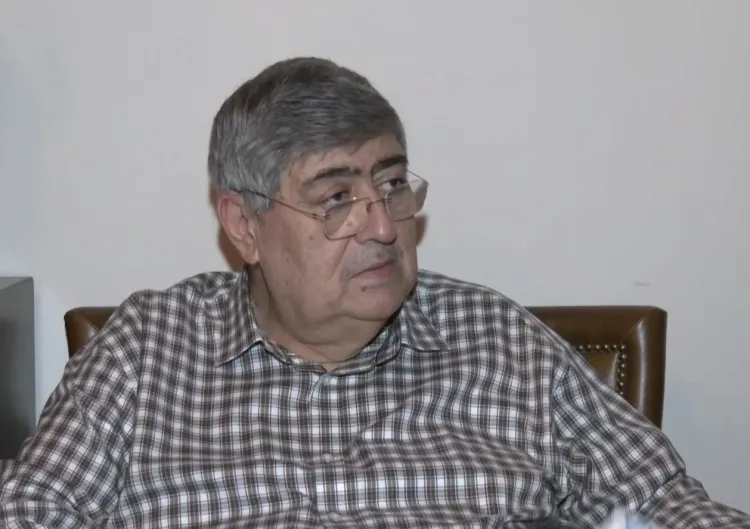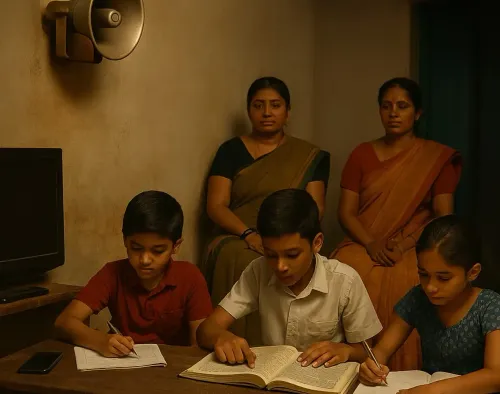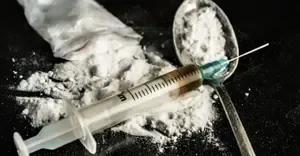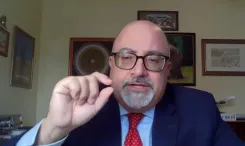Can In-House Inquiry Alone Justify Impeachment of Justice Varma?

Synopsis
Key Takeaways
- Justice Kaul asserts that an in-house inquiry is insufficient for impeachment.
- Further investigations are necessary to uncover the truth behind the allegations.
- The impeachment process requires significant parliamentary support.
- Judicial accountability is essential to maintain public trust.
- Constitutional procedures must be followed to uphold legal integrity.
New Delhi, July 15 (NationPress) Retired Supreme Court judge Sanjay Kishan Kaul expressed strong opposition on Tuesday to the initiation of impeachment proceedings against Justice Yashwant Varma solely based on an in-house inquiry regarding the cash haul incident. He emphasized the necessity for further investigations into various aspects of the case.
Justice Kaul conveyed to IANS, “The fact-finding committee's report is insufficient for impeachment purposes. Its primary objective was to assist the Chief Justice in forming an opinion on the matter.”
He added, “In my opinion, further investigation should have been the subsequent step. It’s crucial to safeguard certain elements, particularly since the Judge was absent. Currently, there are no restrictions; the Chief Justice is free to initiate an investigation.”
Discussing the Committee's role, Justice Kaul remarked, “The report had a specific purpose, and even the panel members agreed that further exploration was necessary. I believe that if the Chief Justice found any substantial material, an investigation is warranted.”
He stressed the importance of launching an investigative process before a judge faces severe repercussions based merely on an in-house inquiry meant to aid the CJI.
“Numerous questions require investigation, such as how much currency was involved, whose it was, what actions the fire department took, why they left the area unsecured, and how the cleaning was conducted?” Justice Kaul noted.
He concluded, “The next logical step should have been an investigation, including registering an FIR. Only then can the truth be uncovered. The mere fact-finding committee report cannot suffice for impeachment.”
Justice Kaul's perspective aligns with that of Congress leader and former Law Minister Kapil Sibal, who previously stated, “The Constitution does not permit a judge's removal based solely on an in-house inquiry's findings. The Judges Inquiry Act of 1968 outlines the procedure for judicial accountability, and bypassing it would be illegal and a serious infringement of constitutional protections.”
Justice Varma, who previously served as a judge of the Delhi High Court, has been scrutinized after allegedly burnt cash was discovered in a storeroom at his official residence in the national capital.
In response to these allegations, the Supreme Court established an in-house inquiry committee, which has since reported its findings to the CJI. The report has been forwarded to the Prime Minister's Office and the President for further action.
An impeachment motion in Parliament requires the signatures of 100 Members of Parliament in the Lok Sabha and 50 in the Rajya Sabha, with at least two-thirds support from the members of each House for passage.
Earlier reports indicated that the three-member committee appointed by former CJI Sanjiv Khanna found substantial evidence against Justice Varma, suggesting serious allegations of judicial misconduct and recommending the initiation of removal proceedings.
As per the committee, both direct and electronic evidence confirmed that the storeroom was under the covert or active control of Justice Varma and his family.










